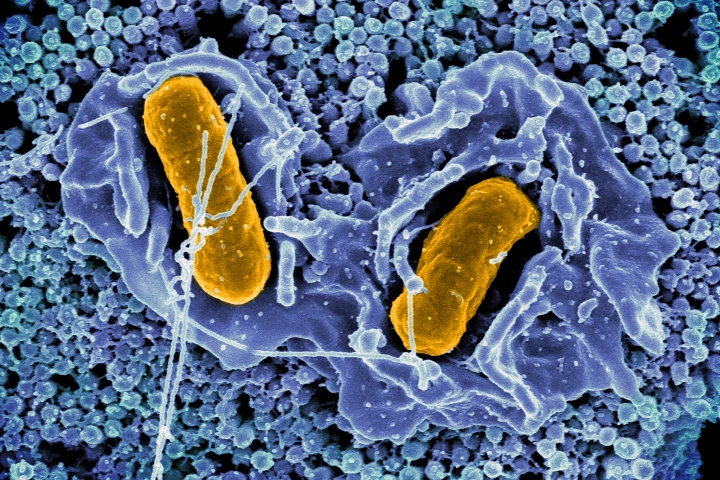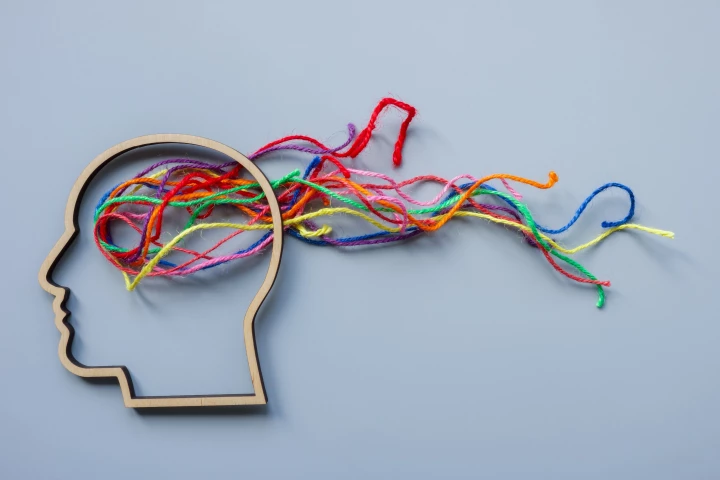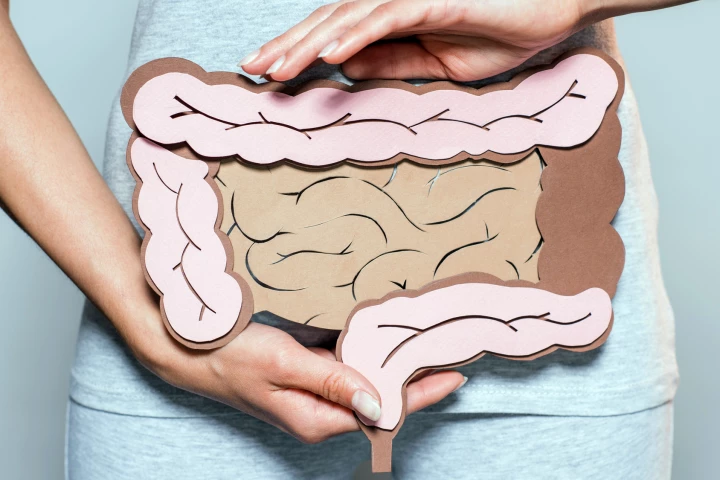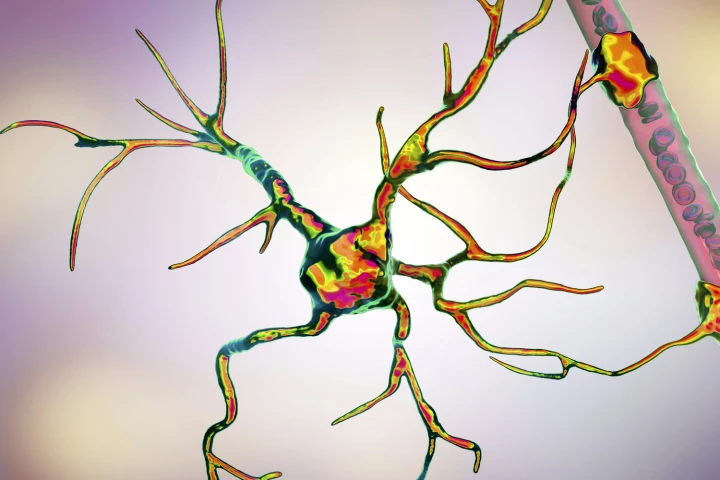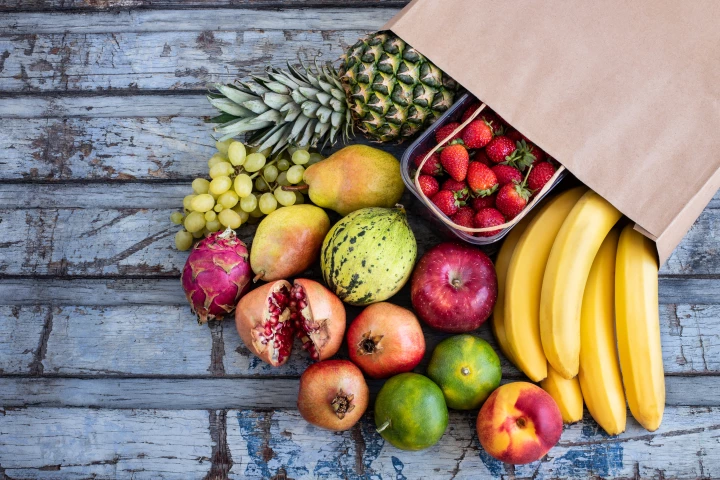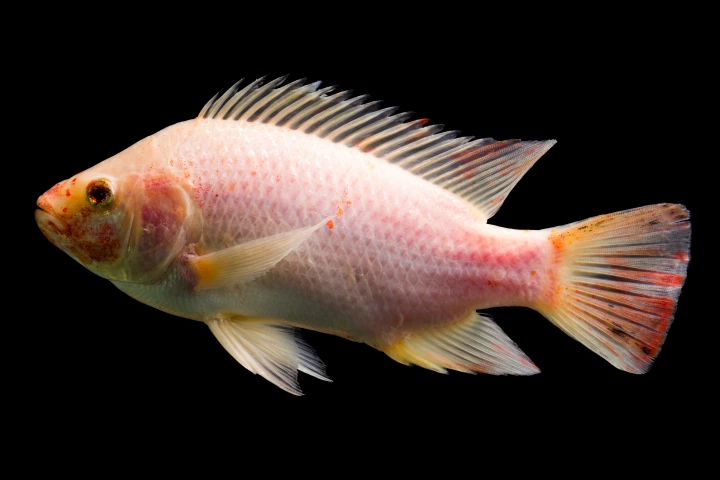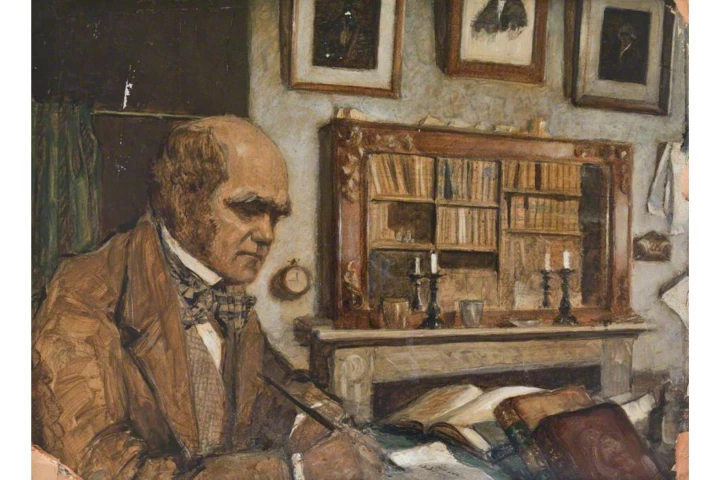National University of Singapore
-
A new thumb-patch of dissolvable microneedles injects biofertilizer directly into plant leaves. In lab tests, kale and choy sum grew taller and faster with bigger leaves and shoot biomass, using 15% less biofertilizer.
-
In response to the current global cocoa shortage, a research team from the National University of Singapore has developed two innovative processes to improve the taste of carob pulp. The result could be a sustainable chocolate alternative.
-
Scientists have engineered Salmonella bacteria to self-destruct inside tumors, releasing signals that spark powerful immune hubs and shrink colon cancer in mice, opening the door to “living medicines” against deadly cancers.
-
In a massive study of more than nine million pregnancies, a strong link has been found between gestational diabetes and children born with neurodevelopmental conditions – it translates to a 36% increased risk of ADHD and a 56% higher risk of autism.
-
Tiny drops of water might not seem like powerhouse energy producers, but a new method shows how simple tubes might be able to turn falling rain into an energy source. In tests, the method was able to power up 12 LED lights.
-
Researchers have discovered how a particular protein affects the growth and spread of colon cancer in humans. The study not only improves our understanding of why this type of cancer can be aggressive in some people, but it also highlights a potential treatment target.
-
A survey of 143 low-, middle-, and high-income countries has revealed which ones are most prepared to support the world’s rapidly aging population in areas like well-being, equity, and security – and which ones aren’t. And it's not good news for the US.
-
Researchers have figured out how to wake up dormant stem cells in the brain that have the ability to grow into new cells. It opens the door to developing new therapies for neurodevelopmental disorders like autism, learning disabilities, and cerebral palsy.
-
If an apple a day keeps the doctor away, then a new study says upsizing to a fruit salad is even better – by drastically lowering the risk of age-related depressive symptoms. It's the latest in a growing body of evidence linking fruit and mental health.
-
Obstructive sleep apnea can cause or contribute to high blood pressure, so a new study examined which sleep apnea treatments – a CPAP machine or a mouthguard that keeps the airways open – was more effective at lowering blood pressure.
-
Scientists have devised a method of using fish scales to convey encrypted messages. Not only would the technology divert seafood industry waste from landfills, it should also be less costly than existing options such as special inks.
-
On the 215th anniversary of the birth of the world's most famous naturalist Charles Darwin, scientists have painstakingly completed an inventory of his eclectic, extensive personal library, and 9,300 titles are now available to view online for free.
Load More


